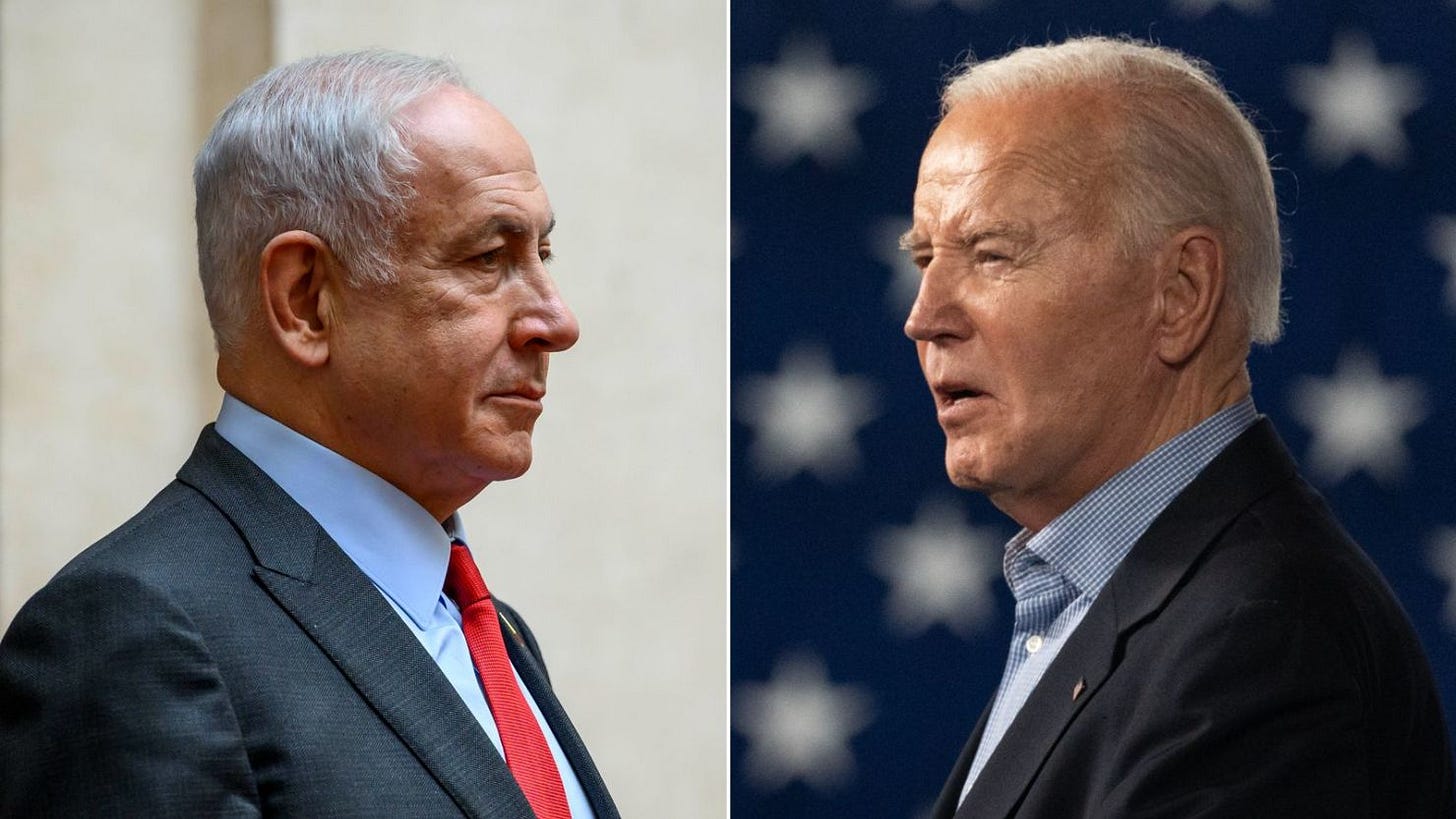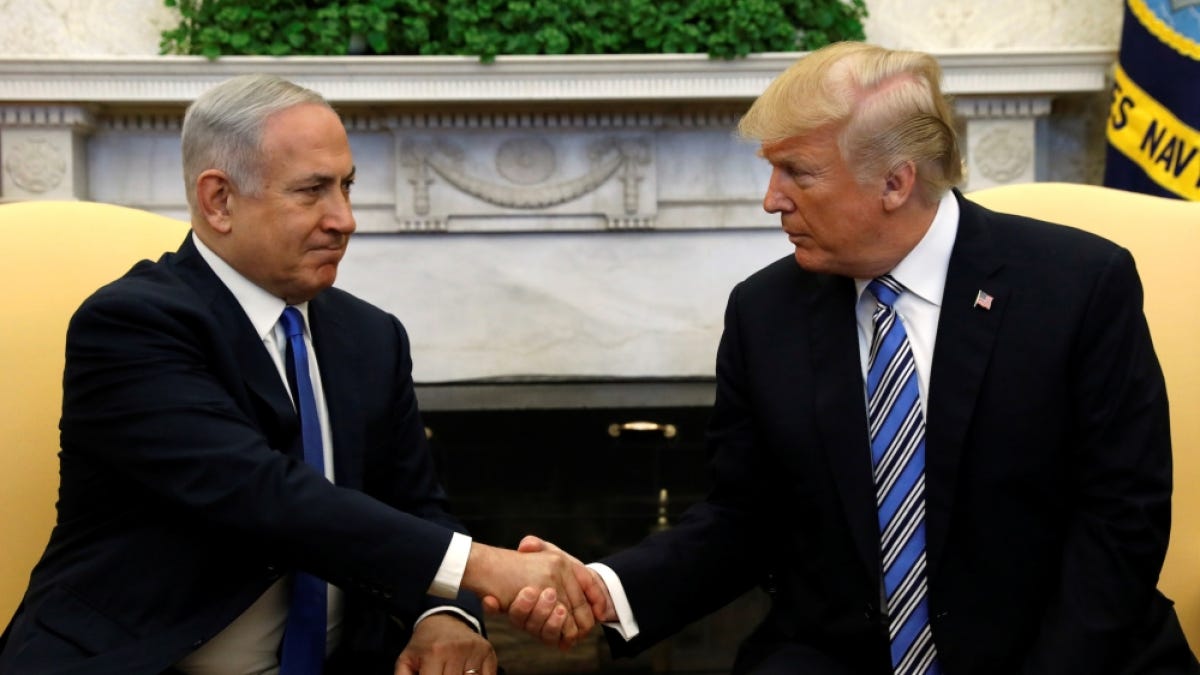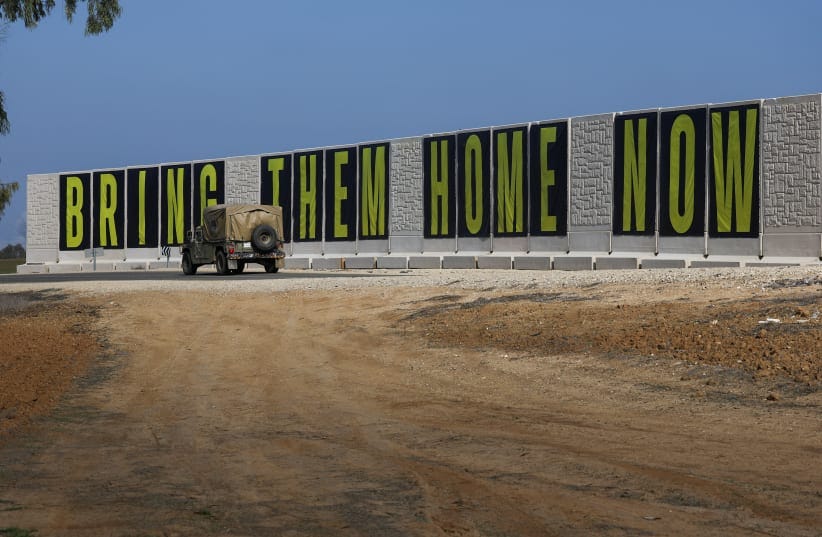Hamas offers Israel substantial Concessions for Truce agreement in Gaza
Israel 'caught off guard' by Hamas flexibility in hostage deal talks
Hamas seems willing to negotiate and has submitted several proposals to Israel that meet Israeli demands for a hostage list and/or release as well as a continuing presence in Gaza.
The fall of the Hassad regime in Syria along with the neutralization of Hezbollah in Lebanon placed Hamas in a much weaker position to negotiate for peace with Israel.
Hamas cannot depend upon continuing support from Iran, or Syria. The future of Syria is open to questions with leadership for Syria coming from former leaders of El Quaeda.
Hamas's unexpected flexibility during negotiations for a hostage deal and ceasefire in Gaza surprised Israeli delegates, a source from Hamas told Saudi news outlet Asharq on Saturday.
There have been countless instances during this war when a hostage deal seemed close. However, no instance was as close – save for the November 2023 deal – as the one involving the talks that are in progress right now. There are many reasons why, this time, this tentatively might stick.
Hamas’s 24 organized battalions are long gone; the IDF took the Philadelphi Corridor long ago; the military has begun to cut off half of northern Gaza from the rest of the enclave; Hezbollah and Syria are no longer active participants in the war; Iran has been weakened substantially by Israeli strikes; Once Hamas leader Yahya Sinwar is dead.
Hostage deal not guaranteed
Why, then, might a deal before January 20 still fall through?
Fundamentally, despite Trump becoming the single most powerful individual in the world, he has very little power over Hamas, and the amount of power he has over Israel is also debatable.
In the negotiations in May-August, Hamas dropped its requirement that Israel withdraw from Gaza before talks restarted or before a first phase transfer of some hostages began.
Since then, based on reports, Hamas has allegedly grown even more flexible and enlarged the number of hostages to return in a phase 1 agreement – from 18 to 34.
Additionally, Hamas did not object to the continued presence of Israeli forces in the Philadelphi Corridor, the closure of the Rafah crossing, or the positioning of Israeli forces at the Netzarim axis, which separates northern Gaza from the south.
At a negotiation level, it is just not clear that there is an overlap between Netanyahu’s minimal deal idea and Hamas’s minimal deal idea.
Some believe that if no deal is signed by the time he enters office, Trump will give Israel a deadline for ending the war – deal or not – because he is against “forever wars” and is against the US – under his leadership – getting blamed, even indirectly, for promoting one by arming only one side in the conflict.
Even before Trump’s inauguration date, he has been preparing the battlefield with his usual bluster. Hamas also may be watching Trump’s recent public statements about taking over Greenland, the Panama Canal, and Canada and reach the conclusion that he sometimes has lots of bluster with little follow-through (reference Trump’s North Korea policy from his first term.) Nevertheless, Hamas may now feel it would be prudent to accept Bidens and Netenyahu’s stipulations for a peace agreement before introducing the vagaries of President-elect Trump.






